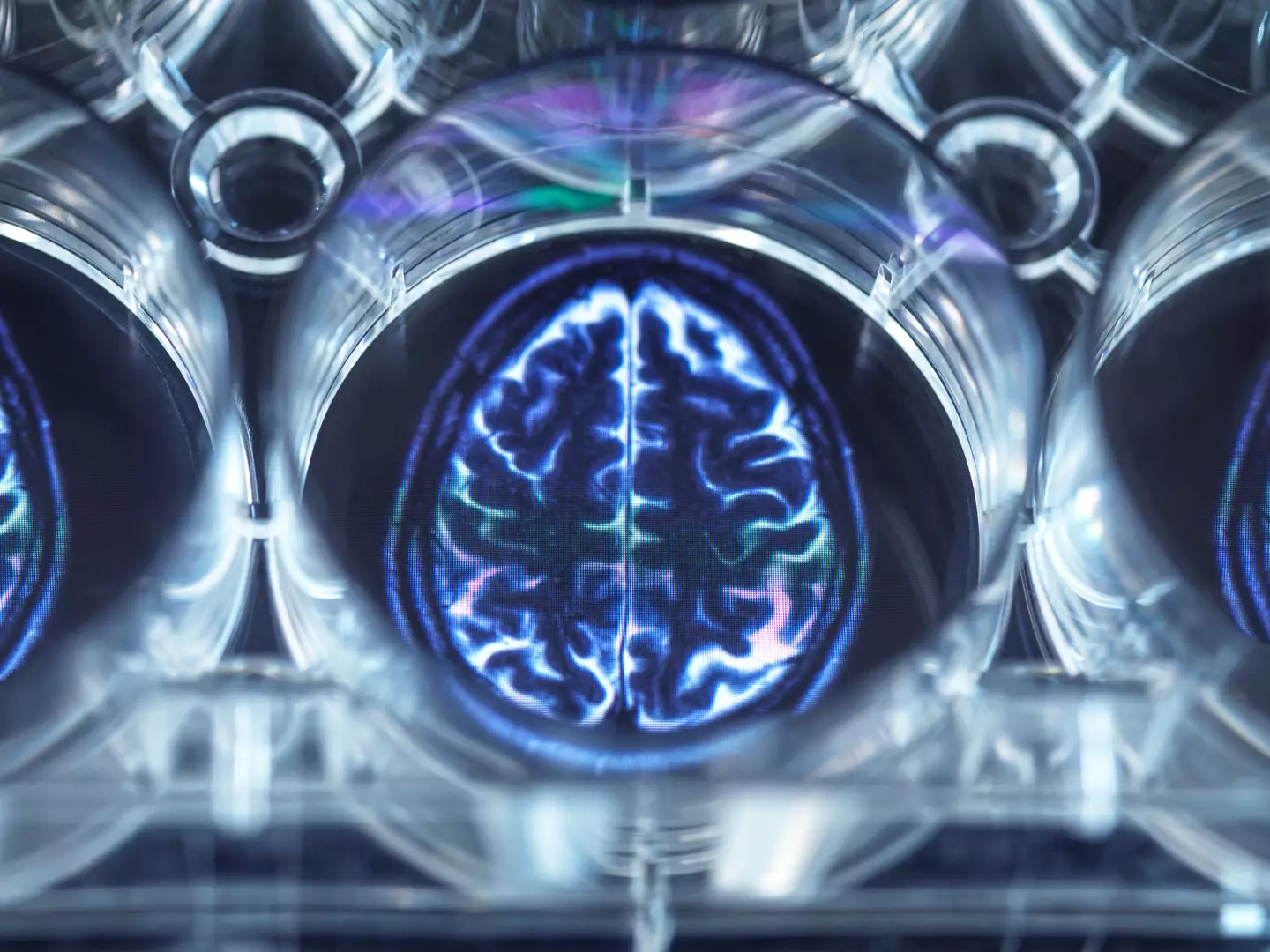
A doctor has provided a possible connection between a virus that more than 3.8 billion people have likely experienced at some point and Alzheimer's disease.
Professor Emeritus of Molecular Neurobiology at the University of Manchester, in England, Ruth Itzhaki has shared how more than 30 years ago, she and her colleagues found a possible link between the cold sores, which is caused by herpes simplex virus type 1 (HSV-1) and those with Alzheimer's disease.
Roughly two in three people under 50 are carriers HSV-1, with the World Health Organization (WHO) estimating 3.8 billion people under the age of 50 is infected - that's 64 percent.
The organization further explains that there are two types of the virus - type one, which is spread by oral contact and it causes infection in and around the mouth.
Advert
Meanwhile, type two is spread by sexual contact and causes genital herpes.

Type one causes painful blisters or ulcers, and it primarily spreads through skin-to-skin contact.
While it is treatable, however, it is not curable and can remain dormant inside its carrier for years without an outbreak.
In the study conducted by Itzhaki and the University of Oxford in 1997, they found that the samples from those with Alzheimer's disease had a specific version of a gene, called APOE-e4.
By studying brains infected with the virus, they discovered abnormal proteins, namely amyloid and tau, presented in the brains of those with Alzheimer's disease.
It is theorized that the virus can remain dormant for years, even decades before reactivating.
Writing for The Conversation, she said: "But later in life, as the immune system gets weaker, it can enter the brain and reactivate there. When it does, it will damage brain cells and trigger inflammation.
"Over time, repeated flare-ups could gradually cause the kind of damage that leads to Alzheimer’s in some people."
And this year, Professor Itzhaki investigated this hypothesis further by looking at ways this virus could be reactivated, such as experiencing head trauma.

By exposing a brain model to 'mild blows', their study discovered that 'these injuries can reactivate a dormant virus, HSV1, setting off inflammation which, in the brain, would lead to the very changes we see in Alzheimer’s patients'.
She added: "Understanding both the risk factors for dementia and Alzheimer’s, and the mechanism by which they develop, is important in being able to target treatment and prevention at as early a point as possible."
And they aren't the only ones to have conducted a study into this possible link, as this year, researchers from the University of Texas Medical Branch, found that those who'd contracted the virus were '2.44 times higher odds of developing dementia compared to those without an HSV diagnosis' when comparing electronic health records of more than 120 million patients in the US.
However, more research into the topic is still needed, with researchers suggesting that more clinical trials would be helpful in determining 'new possibilities in dementia prevention and treatment'.
If you've been affected by dementia or Alzheimer's and would like to speak with someone in confidence, contact the Alzheimer's Association via 800.272.3900 open 24 hours seven days a week.
Topics: Health, Mental Health, Science